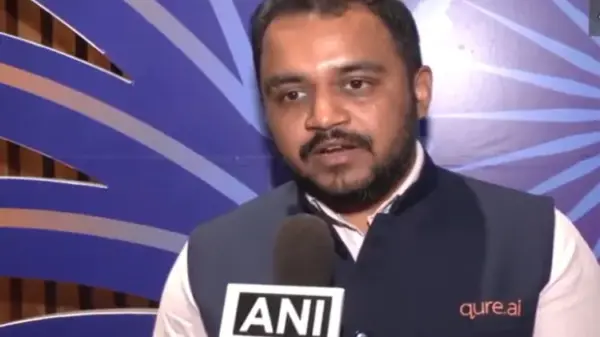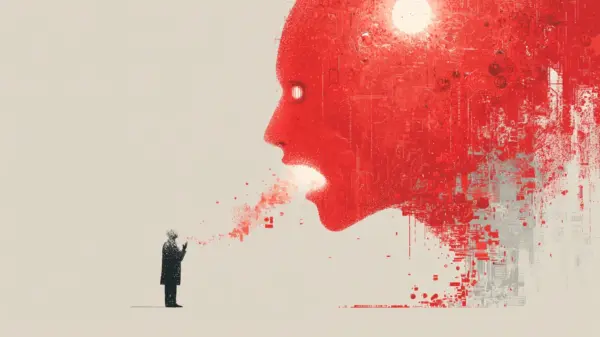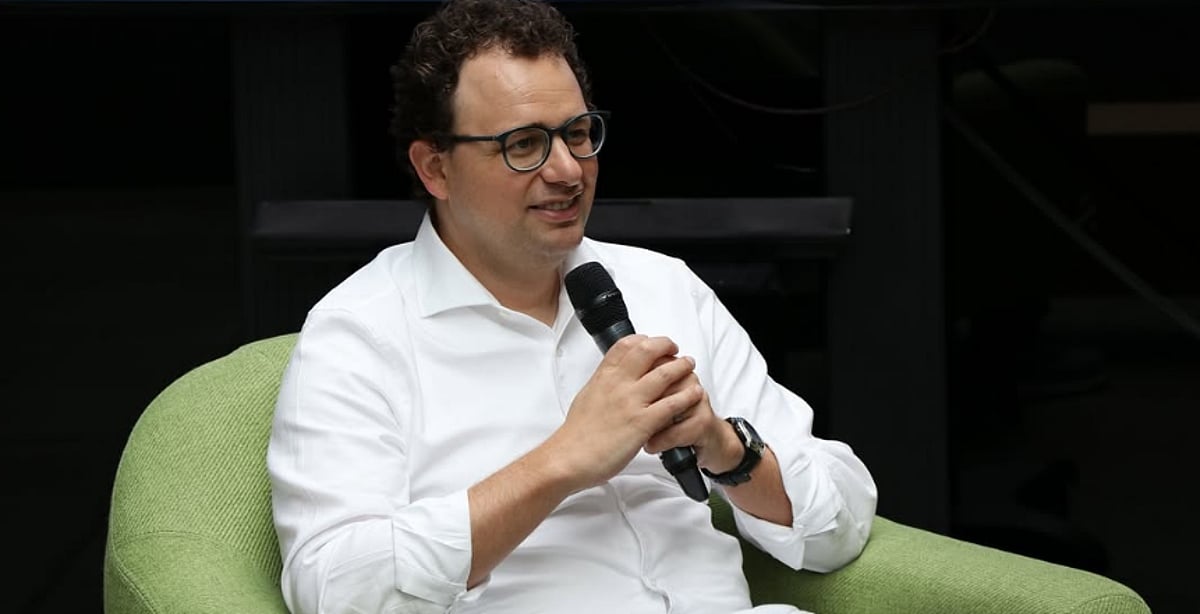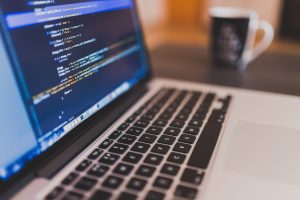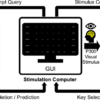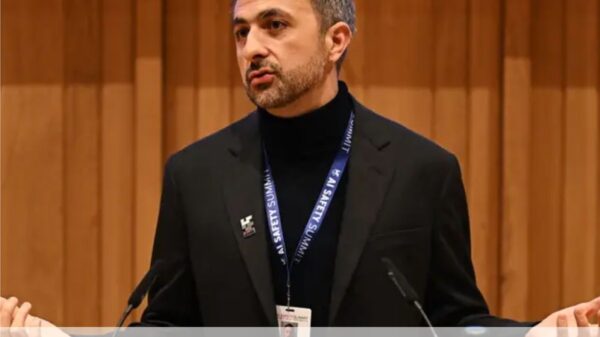In a significant shift within the AI landscape, Dario Amodei, previously at the helm of research at OpenAI, co-founded Anthropic in 2021. Amodei departed along with six colleagues, including his sister Daniela, marking a notable moment in the ongoing evolution of AI technology and its governance.
Speaking to CBS News, Amodei underscored the vital importance of transparency in AI development. He warned against a lack of openness about potential risks, drawing parallels with the tobacco and opioid industries. “You could end up in the world of, like, the cigarette companies, or the opioid companies, where they knew there were dangers, and they didn’t talk about them, and certainly did not prevent them,” he stated. This sentiment reflects a growing concern in the AI community regarding ethical considerations and safety in AI advancement.
Amodei’s views extend to the potential of AI to surpass human intelligence. He expressed confidence that AI will eventually become smarter than humans “in most or all ways.” This assertion aligns with ongoing debates in the field about the trajectory of AI capabilities and the implications for society at large.
Recent developments at Anthropic highlight both the promise and perils of AI technology. The company reported a groundbreaking incident where it detected and thwarted what it described as “the first documented case of a large-scale AI cyberattack executed without substantial human intervention.” This cyberattack, attributed to Chinese state-sponsored hackers, utilized the Anthropic chatbot Claude to launch automated attacks against approximately 30 organizations around the globe. Notably, the attack raised alarms due to the degree of automation involved, indicating a troubling shift toward AI-driven cyber threats.
The implications of this incident are profound. As AI systems become increasingly sophisticated, the potential for misuse escalates, reinforcing the need for stringent regulatory frameworks and ethical guidelines. Amodei’s call for transparency is more relevant than ever, as the boundaries of AI capabilities continue to expand.
As the AI community grapples with these challenges, the role of companies like Anthropic becomes critical in shaping the future of AI in a way that prioritizes safety and ethical standards. The intersection of innovation and responsibility will be pivotal in ensuring that advancements in AI serve humanity rather than threaten it.
See also Hugging Face Expands Partnership with Google Cloud to Enhance Enterprise Open-Model AI
Hugging Face Expands Partnership with Google Cloud to Enhance Enterprise Open-Model AI Google DeepMind Launches WeatherNext2, Achieving 8x Speed and 99.9% Accuracy in Forecasts
Google DeepMind Launches WeatherNext2, Achieving 8x Speed and 99.9% Accuracy in Forecasts Sundar Pichai Urges Caution with AI Tools, Warns of Potential Industry Bubble
Sundar Pichai Urges Caution with AI Tools, Warns of Potential Industry Bubble Stock Markets Slide as Nvidia Earnings Loom and US Jobs Report Sparks Fed Concerns
Stock Markets Slide as Nvidia Earnings Loom and US Jobs Report Sparks Fed Concerns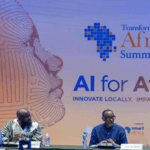 Africa’s AI Market Poised to Reach $20B by 2030, Emphasizes Local Solutions and Inclusion
Africa’s AI Market Poised to Reach $20B by 2030, Emphasizes Local Solutions and Inclusion




